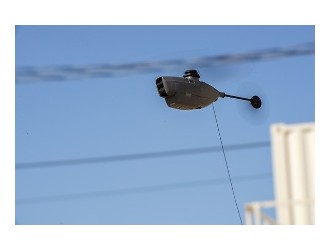
The airports covered by the U.S. ban, located in eight majority-Muslim countries, include Dubai International Airport and Abu Dhabi International Airport and Hamad International Airport in Doha, the respective bases of Emirates Airline, Etihad Airways and Qatar Airways, all of whom have come under fire from U.S. airlines and various lobbying groups for receiving what they consider unfair government support. The others involve Queen Alia International Airport in Amman, Cairo International Airport, Ataturk International Airport in Istanbul, King Abdulaziz International Airport in Jeddah, King Khalid International Airport in Riyadh, Kuwait International Airport and Mohammed V International Airport in Casablanca.
While the U.S. ban does not affect any of that country’s airlines because none fly directly from any of the airports on the list, the British ban does affect six of its own airlines, which has removed doubt in many minds in the UK that its action stemmed from some commercial motivation. But the fact that the three airports from which the Persian Gulf’s “big three” airlines operate appear on the U.S. list has raised suspicion about the possibility of an effort to disadvantage those airlines, all of which have come under fire from U.S. airlines and lobbying interests for their alleged dependence on state subsidies.
Although none of the airlines in question has directly charged the U.S. with any conspiracy to punish Emirates Airline, Qatar Airways and Etihad Airways, Emirates president Tim Clark did question why the U.S. list included Dubai International Airport, which he defended as among the most secure in the world.
Meanwhile, as both the U.S. and UK prepared to institute the bans on Saturday, March 25, the airlines flying from the airports in question scrambled to mitigate the potential effects on their load factors. While the International Air Transport Association (IATA) has taken no position on the matter nor has it advised any of its membership on what measures to take to comply with the bans, Emirates has taken steps to lessen the inconvenience and unease of its customers over placing expensive electronic items in their checked luggage by offering to collect them at the gate and place them into a secure box in the airplane’s cargo hold. The free service allows passengers to keep their laptop computers and other devices with them until they board their flights. However, Emirates still encourages passengers to pack their electronic devices into their check-in luggage “in the first instance” to avoid delays.
“Our aim is to ensure compliance with the new rules, while minimizing disruption to passenger flow and impact on customer experience,” said Clark. “Our new complimentary service enables passengers, particularly those flying for business, to have the flexibility to use their devices until the last possible moment.”





